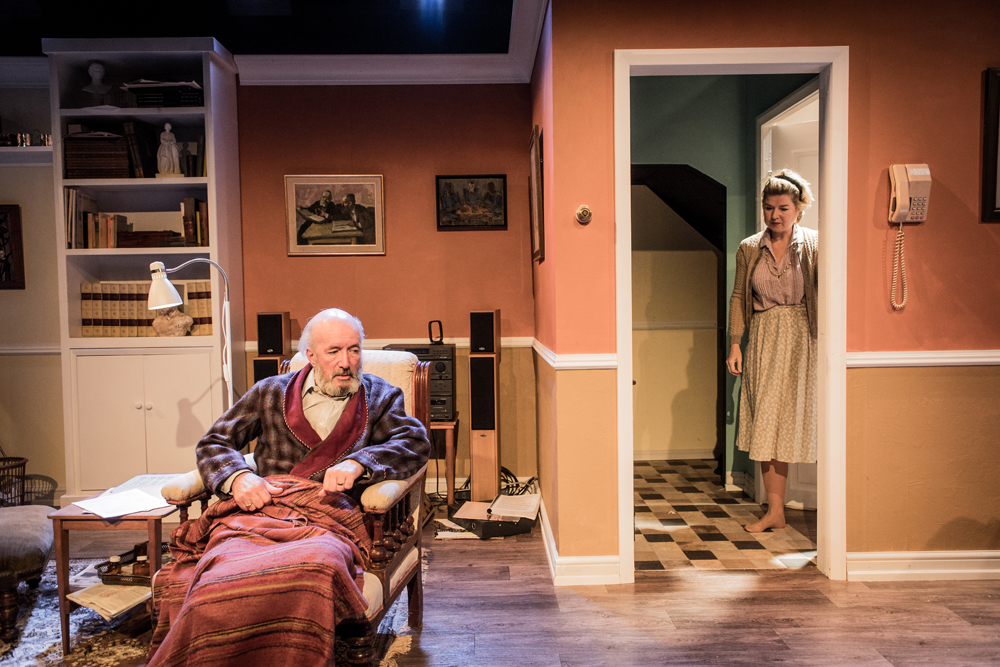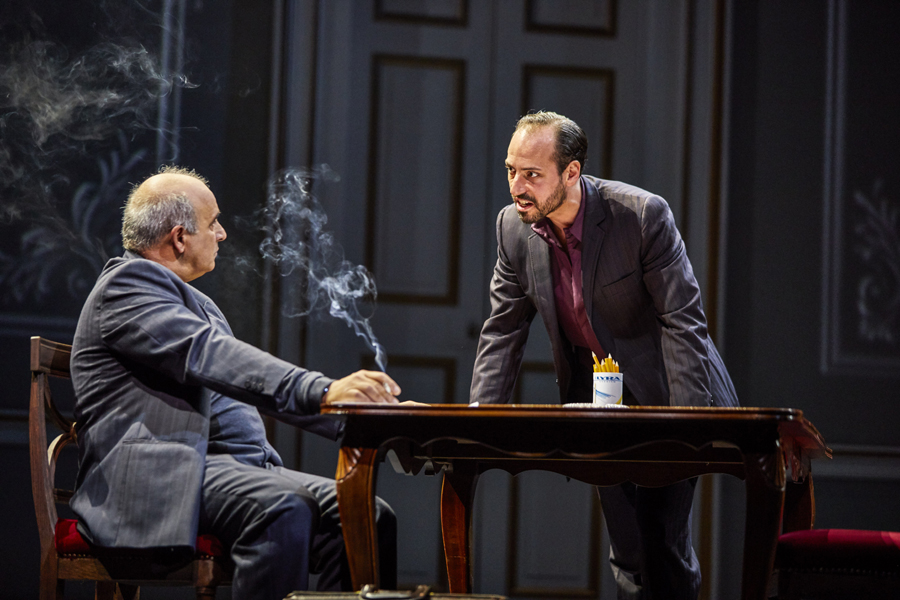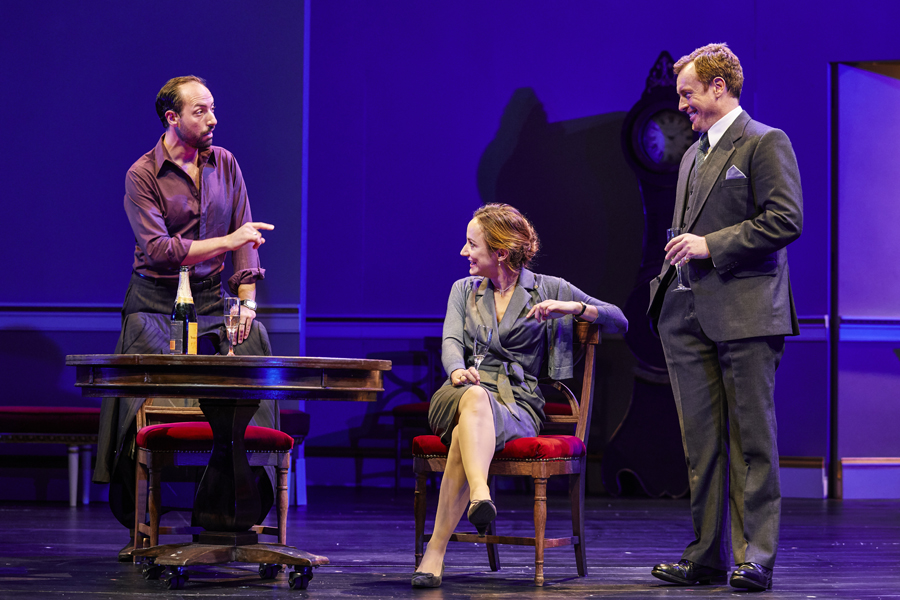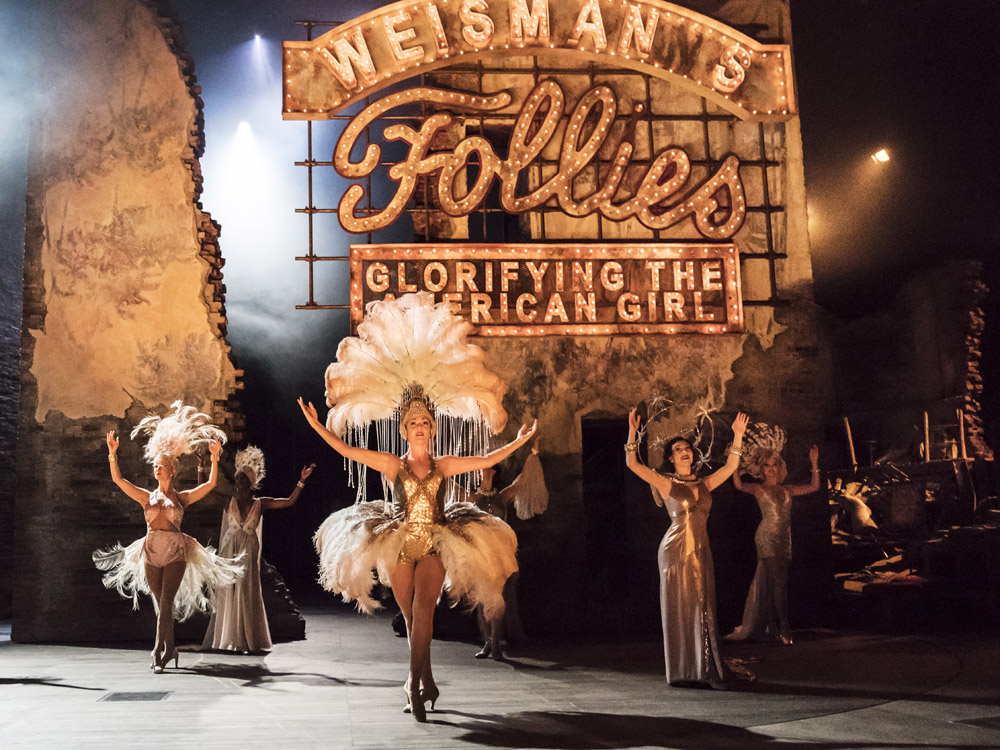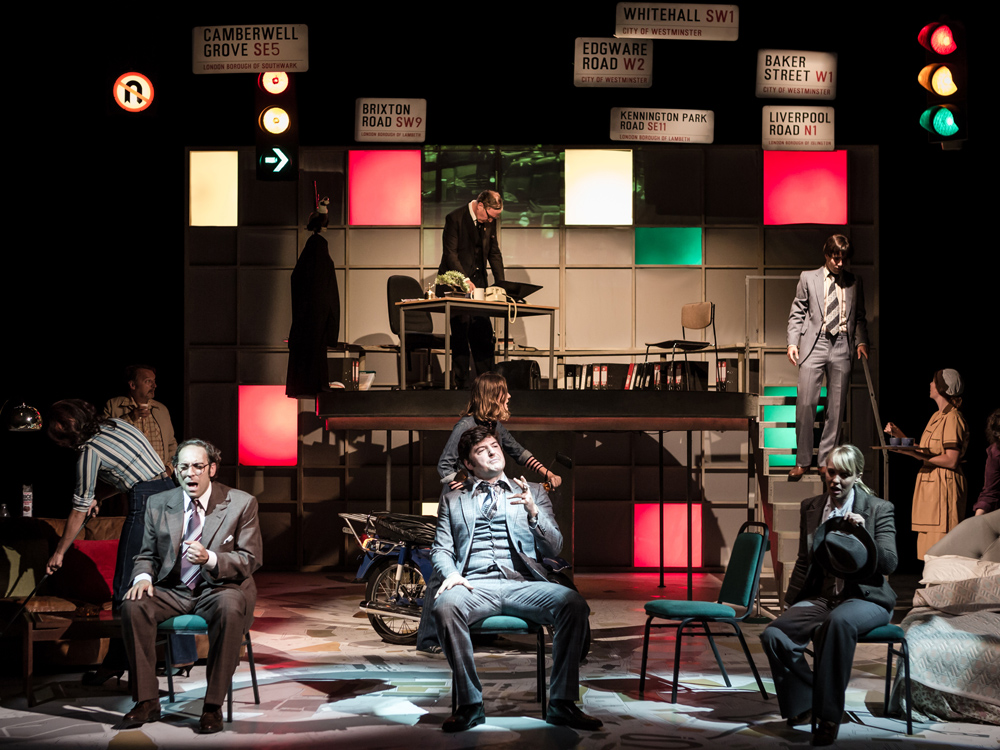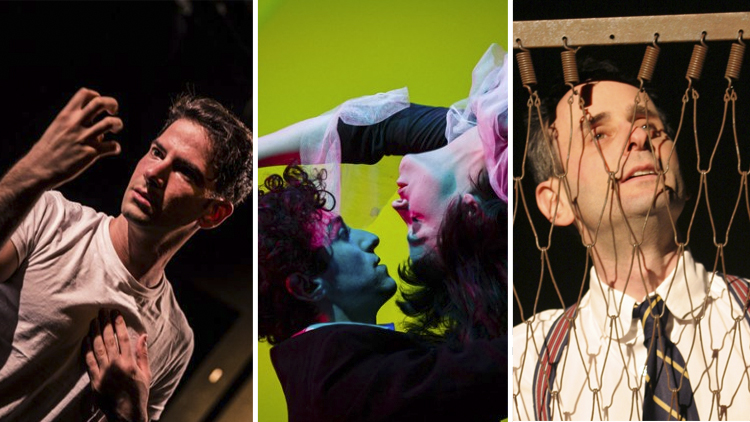If you want to introduce your child to the magic of live theatre, then the captivating combination of physical dance theatre and brilliantly imaginative staging with which Yasmin Vardimon and her company weave the story of Pinocchio should leave any theatregoer, new or experienced, eager for more.
Vardimon has an extraordinary imagination and with her collaborators, set designer and dramaturg Guy Bar-Amotz and lighting designer Chahine Yavroyan, she finds a fresh way of conjuring each scene in Collodi’s story of the wooden puppet boy who yearns to be a real boy. Perhaps the most distinctive signature of her style is the stunning and seamless way her eight performers work together to use their bodies – or often just one body part each – to create a whole.
Working together with precise discipline, three performers open the show by assembling the disturbing, dark, squat figure of the narrator (perhaps the Cricket) from their gloved hands. Meanwhile, within a brightly-lit conical tent, shadow-play creates the illusion of puppet-maker Gepetto fashioning the life-size puppet from his magical piece of wood. The Blue Fairy materialises and floats effortlessly upwards as the tent morphs into her gown, all blue light.
In Geppetto’s workshop all eight dancers revolve around as figures in a clockwork musical box, each face a smiling mask, each body moving as precisely as clockwork as they rise in turn to the centre of their mechanical frieze, like paper cut-out dolls. Even the performers’ feet create ‘puppets’ and many hands make light work of Pinocchio’s nose.
The episodic nature of Pinocchio’s journey lends itself perfectly to this problem-solving teamwork. But of course the heart (beating rather than wooden) of the story is Pinocchio himself. Maria Doulgeri brings extraordinary physicality to the role, limbs revolving stiffly at first as if her joints are indeed awkwardly jointed with pins; flailing wildly and unnaturally to the scornful amusement of the nasty children in a playground who revel in excluding the little outsider; and gradually softening as he achieves empathy and selflessness – and so humanity.
The shape-shifting cast is uniformly excellent, equally at home as animals, puppet or humans, on the ground or in the air – or suspended on puppet strings. Scheming cat and fox are present and correct and banish any memories you may have of that Disney film.
The evocative music ranges from Shostakovitch to Beyoncé via accordion music from the Faroe Islands and the vocalising sighs and gasps from the cast add to the inclusive atmosphere. If some scenes are a tad long, the whole, at 90 minutes is just right. And it’s testimony to the show that despite there being no interval its young audience was spellbound throughout.
By Judi Herman
Pinocchio runs Friday 3 & Saturday 4 November. 7.30pm, 2pm (Sat only). £13, £8.50. Grand Theatre, Blackpool, FY1 1HT. www.blackpoolgrand.co.uk






